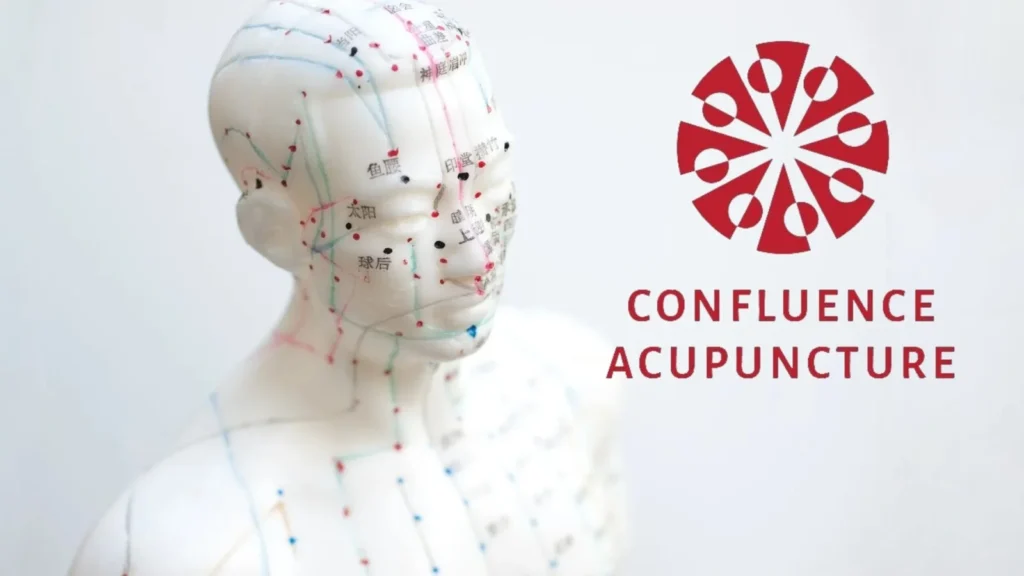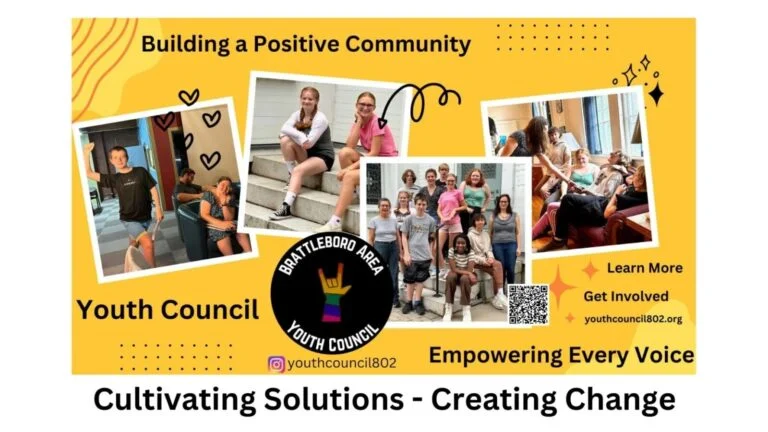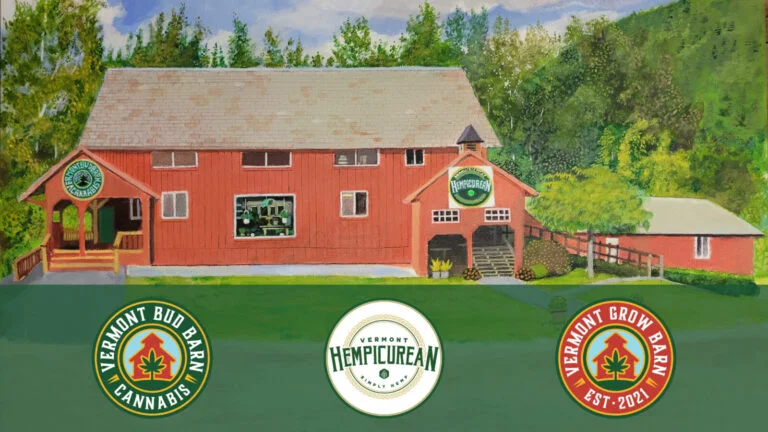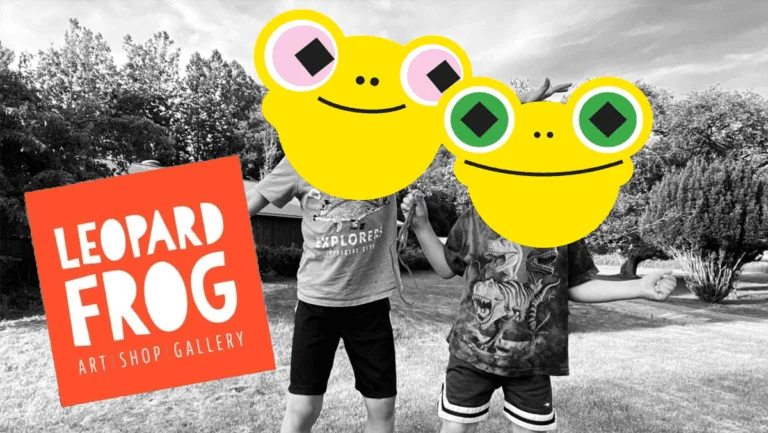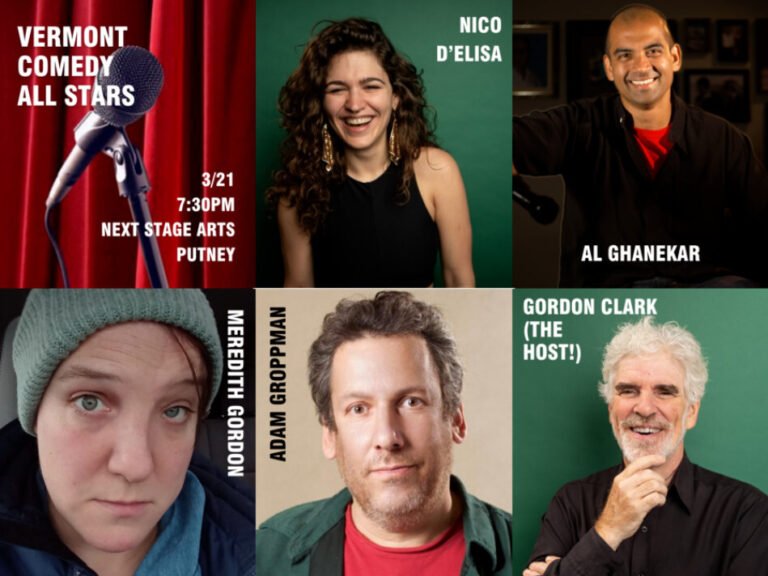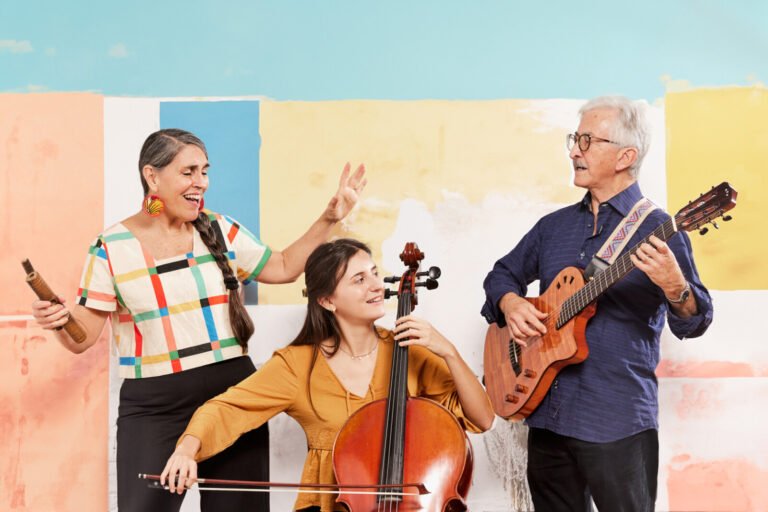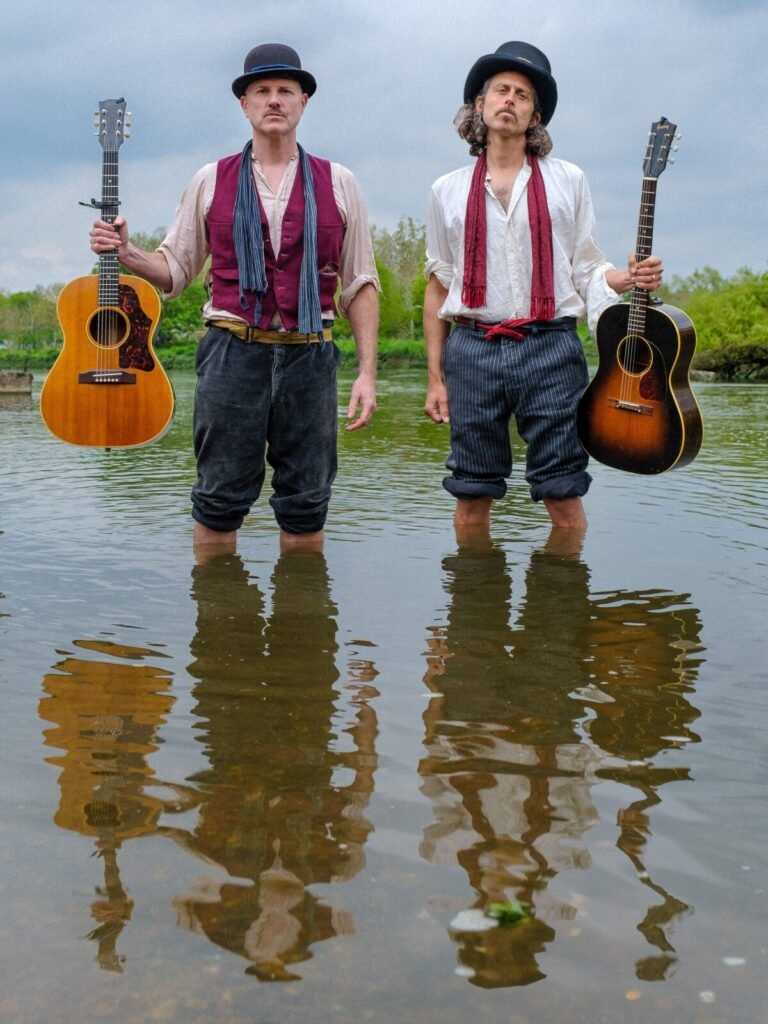Eugene Uman Reinvents the Convergence Project with members of The Fringe on Saturday, June 10th at 7:30 PM. Vermont Jazz Center director Eugene Uman will present a newly-tooled version of the Convergence Project featuring members of The Fringe, a legendary saxophone, bass, and drum trio that has been performing regularly since 1971. This quintet will highlight Uman’s compositions and feature Fringe members, including tenor titan George Garzone, John Lockwood on acoustic bass, Francisco Mela on drums, and longtime collaborator Jeff Galindo on trombone. A good portion of this concert will be dedicated to newly composed or rearranged material tailored specifically for this new configuration.
The Convergence Project
The Convergence Project is a vehicle for Uman to change hats to focus on performance and composing rather than the production and educational mission of the Vermont Jazz Center. He says, “Composing is my favorite form of creative expression. I am often compelled to work towards the mechanics of running the Jazz Center, so composing serves as a welcome balance. It gives me permission to slow down, take the time to study a variety of musical forms, learn different rhythms and dwell on the sounds of combinations of notes and chord patterns. Composing for me is comforting, I enjoy the process of developing an idea over a long period of time and honing a form so that it evolves into a refined structure. It’s similar to writing a press release where I try to present the distilled essence of a concept while paying attention to how each word and comma affect rhythm and flow. Another thrill of composing is that the result will be listened to in social settings and will hopefully move listeners emotionally. My goal is to compose and arrange music that transmits energy that positively transforms and uplifts those involved.”
The formation of this version of the Convergence Project was inspired by an opportunity Uman had to perform with Francisco Mela a few years back at the Arts Block in Greenfield, Massachusetts. The Cuban drummer has an encyclopedic vocabulary of Latin rhythms, including an ease of playing 6/8 patterns, which are essential ingredients in many Cuban and Colombian folkloric music styles. Uman said, “I am excited and honored to have Mela interpret my compositions, especially those that were influenced by rhythms I learned while living in Colombia.” Mela’s approach to music is based on his expansive knowledge but is nurtured by his capacity to “let go.” His most recent recording and performance projects blend this ability to groove hard while simultaneously expressing the freedom inherent in each moment. Mela has performed and/or recorded with a handful of Uman’s favorite jazz pianists, including McCoy Tyner, Chucho Valdéz, Gerri Allen, Nduduzo Makhathini, and Kenny Barron. He also brings a warmth to the bandstand that elevates the spirit of the entire group as well as the audience.
After Mela agreed to perform, Uman connected with other players in the Boston area where Mela now lives (he teaches at Berklee School of Music). Since Mela had replaced the late, great Bob Gullotti in George Garzone’s free-jazz trio, The Fringe, Uman reached out to the saxophonist leader and bassist of that group and found them both available. Because much of the Convergence Project’s repertoire is enhanced by the presence of two horns, the band’s original trombonist, Jeff Galindo will round out the quintet.
The leader of the Convergence Project, Eugene Uman, is a composer, pianist, and educator. He has been the Executive Artistic Director of the Vermont Jazz Center since 1997, has worked tirelessly to connect music and the local community and has written over 200 jazz compositions, including three that appeared on Latin Jazz star Sammy Figueroa’s 2005 Grammy Nominated CD, In Walked Sammy. NEA Jazz Master Jimmy Heath has called Uman’s compositions “music of substance and integrity.” Another saxophone legend, Jerry Bergonzi, says “I always love listening to Eugene’s compositions; they make so much musical sense and bring you on a journey with a very healing, uplifting feel.” When asked about the content and vision of his music, Uman responded: “In putting together the Convergence Project, I have created a situation in which I could effectively express all the styles that have influenced my own compositions. As a teen in the 70s, I was greatly influenced by progressive rock groups like Yes, the Grooves of the Stones, the Blues of Muddy Waters, the songwriting of James Taylor, and the sounds of Herbie Hancock, Chick Corea, Thelonious Monk, and Bill Evans (I was fortunate to catch all four of these pianists, live). I was also influenced by the music of Charlie Parker, Coltrane, the Art Ensemble of Chicago, and Cecil Taylor. The work of these artists showed me that music is also a reflection of Spirit; their offerings gave me the permission to explore the expressive power inherent in improvised music. As an adult, I lived for a while in Colombia, where music is a rich and constant presence. Rhythm is the foundation of Colombian musical culture – a vast vocabulary of rhythms imbues both popular and “art” music. Those rhythms have permeated my soul and are now an extension of my vocabulary.”
Everyone in the Convergence Project is encouraged to add their own voice to the big picture. The band concept is founded on the synergy of each musician’s personal style in combination with the harmonic and melodic structure of the compositions, but the rhythmical pulse is the glue that holds it all together. “Each of these musicians brings vast knowledge and wisdom to a performance,” said Uman, “what you hear in a concert is a result of a lifetime of collective experiences. The sounds reflect the personalities of the musicians and are a result of their personal choices of what to study, what techniques to use on the bandstand. The Convergence Project gives me the opportunity to incorporate the voices of my favorite collaborators and in doing so, respect their choices and talents. These musicians add depth, soul, sophistication and perspective. I so value the way that they insert their own experiences and knowledge, surprising me and exponentially enhancing the creative result.”
Members of the Convergence Project
George Garzone is a powerful tenor saxophonist whose adventurous flights with his longtime band, The Fringe, have made him a legend in Boston. Called “one of the most overlooked giants of modern improvisation” by All About Jazz and “the master of the tenor saxophone” by Michael Brecker, Garzone has made a tremendous impact as an educator at Berklee School of Music where he still teaches and other prestigious schools throughout Boston and New York. He has published a three-volume set of self-study describing his technique called the Triadic Chromatic Approach. His students include a who’s who of saxophonists including Joshua Redman, Branford Marsalis, Walter Smith III, Chris Speed, Marcus Strickland, Seamus Blake, Chris Cheek, and Donny McCaslin. Garzone has released 21 albums as a leader, which include appearances by Esperanza Spalding, Leo Genovese, Lenny White, Steve Kuhn, Kenny Werner, Trio da Paz, Joey Calderazo, Bill Stewart, Peter Erskine. As a sideman, Garzone appears on over 200 recordings with jazz luminaries George Russell, Bob Moses, George Schuller, Danilo Peréz, Ingrid Jensen, Rachel Z, Guillermo Klein, Daniel Humair, Luciana Souza, Claire Daily, Joe Lovano, Jerry Bergonzi and has toured with Jack DeJohnette, John Patitucci, and Jamaaladeen Tacuma.
Trombonist Jeff Galindo sums up his personal musical philosophy in one phrase: “Music doesn’t lie. We can speak lies, but a musician plays who he is.” When Galindo picks up his horn, the truth of that statement becomes obvious. Every utterance is wild wisdom: beyond thought but with deep roots in study and talent. Galindo has toured the world with Phil Woods, Makoto Ozone, the Artie Shaw Orchestra, Irving Mayfield, and the New Orleans Jazz Orchestra. He was a trombonist and musical director for Esperanza Spalding and played on her Grammy-award-winning CD, Radio Music Society. Galindo has performed with Chick Corea, Clark Terry, Joe Lovano, George Russell, Slide Hampton, Johnny Griffin, Gunther Schuller, Ray Charles, Aretha Franklin, Jerry Bergonzi, Bobby Shew, The Boston Pops Orchestra, Frank Sinatra Jr. and the Village Vanguard Jazz Orchestra among many others. In Boston, he has performed regularly with the Greg Hopkins Big Band and Nonet, the Galindo/Phaneuf Sextet, plus his double quartet with George Garzone. Galindo has two albums out as a leader and appears as a sideman on recordings with Angélique Kidjo, Esperanza Spalding, Robin McKelle, Cheryl Wheeler, Amanda Carr, Danilo Pérez, Greg Hopkins, Toni Ballard, Rebecca Parris, Bob Moses, Bob Nieske and others.
Bassist John Lockwood is originally from Capetown, South Africa. He came to Boston to study at Berklee and has made the United States his home since then. He is one of the most celebrated bassists in Boston, having earned his respect through international tours with Joe Henderson, Freddie Hubbard, Gary Burton, the Mel Lewis Big Band, and The Fringe. Lockwood has performed with the Buffalo Philharmonic, the Boston Pops, MIT Symphony, Pat Metheny, Dizzy Gillespie, Woody Shaw, Toots Thielemans, Stan Getz, Art Farmer, Eddie Harris, Johnny Hartman, Dave Liebman, Makoto Ozone, Joe Pass, Danilo Perez, Pharoah Sanders, Clark Terry, Kenny Werner, James Williams, and others. He has recorded as a sideman with Bill Pierce, Mike Metheny, Nick Brignola, Mel Lewis, Greg Abate, Hal Crook, Carol Sloan, James Williams, Yoron Israel, Benny Carter, Phil Woods, Gary Burton, Tim Ray, Luciana Souza, George Garzone, The Fringe, Kris Adams, Amanda Carr, Bob Moses, Lazlo Gardony, Miles Donahue, Rosemary Clooney, John Medeski, Greg Abate, and many others.
Drummer Francisco Mela is a favorite among jazz’s best-known performers, including Chucho Valdés, Joe Lovano, Kenny Barron, and McCoy Tyner. Born in 1968 in Bayamo, Cuba, Mela moved to Boston in 2000 to attend Berklee College of Music, where he now teaches. In 2009, he was tapped by jazz legend McCoy Tyner to play in his band. Said Tyner of his new young drummer, “Mela is just a fantastic player. He has his own style and sound, which I look for in a drummer.” He has also worked with Joe Lovano, Kenny Barron, Esperanza Spaulding, Lionel Loueke, Joanne Brackeen, Jane Bunnett, Anat Cohen, and many others. Raul da Gama of Latin Jazz.Net claims that “Mela also has one of the most mercurial and quickest-thinking brains in music and can be both powerful and lucid, turning on a dime from an almost other-worldly, hallucinatory voice to a musician with a painterly, patrician demeanor.” Mela has released numerous albums as a leader. His latest recordings have embraced his love for free jazz and often include bassist William Parker in combination with other free-thinking innovators. He has appeared as a sideman on over 50 recordings, including those of Joe Lovano, Melissa Aldana, Kenny Barron, and Esperanza Spalding. Mela is a drum instructor at the Vermont Jazz Center’s Summer Jazz Workshop and has served as the artistic director of the Twin Cities Jazz Festival and the Xalapa Jazz Festival in Veracruz, Mexico.
Uman refers to the Convergence Project as his dream band. Each musician is skilled at reading and interpreting his compositions, and they are all strong soloists, each with a unique sound and an individualized vocabulary. The entire band is able to interpret both Latin and swing rhythms authentically, and everyone is fearless, willing to stretch out into unfamiliar territory. Check out Uman’s composition ‘Got the Spirit’ on YouTube to give yourself a taste of the energetic delight in the store.
The Convergence Project is made possible on Saturday, June 10th at 7:30 PM with generous financial support from Michael McKenzie and the McKenzie Family Charitable Trust. Words cannot express the Jazz Center’s gratitude to the Trust for its decades-long assistance, which gives the VJC the means to follow through with high-quality programming and scholarship.
The Commons and The Brattleboro Reformer underwrite publicity. The VJC is also grateful to the Vermont Arts Council, the Vermont Humanities Council, and the New England Foundation of the Arts for their constant and generous support.
In-person tickets and Online Streaming
Admission to this in-person event is offered on a sliding fee scale from $20 to $50 per person, and all seats are general admission. Mask-wearing will be optional, and light refreshments will be available. Available online at www.vtjazz.org and by email at ginger@vtjazz.org. Handicapped access is available by emailing ginger@vtjazz.org.
The online streaming of this concert will be offered by donation. Please give generously and support live music. Access to the online event can be found online at www.vtjazz.org and at https://www.facebook.com/VermontJazzCenter/live/.



